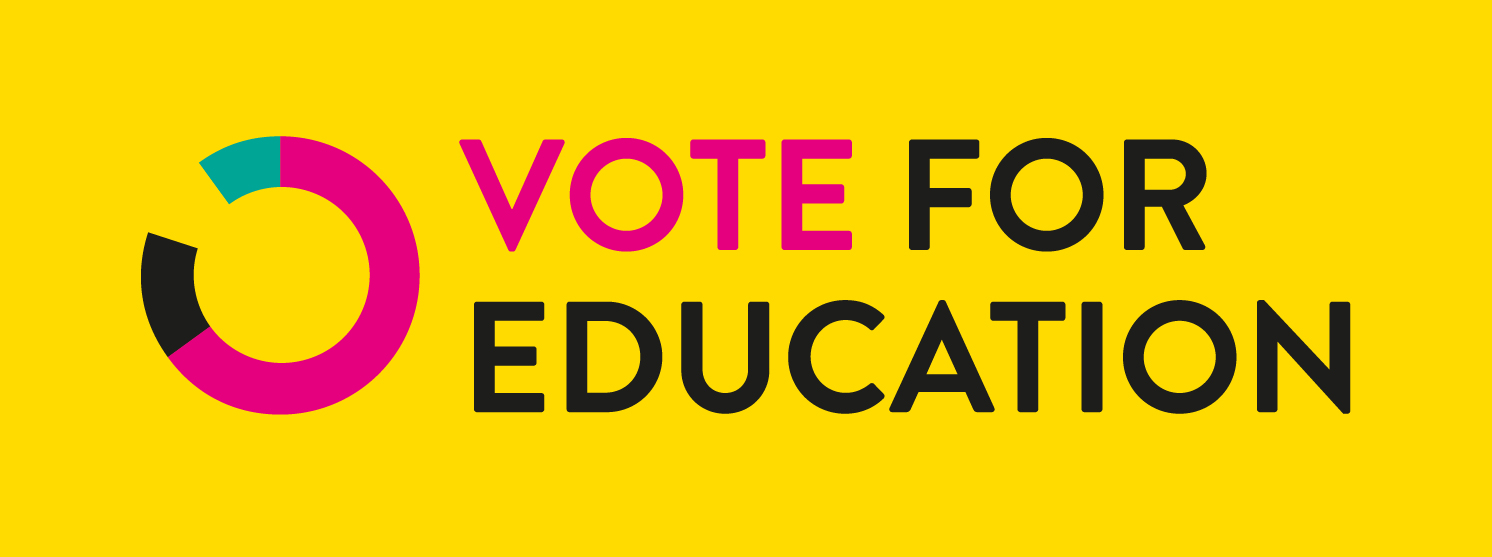ACEA Members
 Palestine Coalition for Education for all
Palestine Coalition for Education for all Somalia Coalition for Education for all
Somalia Coalition for Education for all Jordan Coalition for Education for all
Jordan Coalition for Education for all Lebanon Coalition for Education for all
Lebanon Coalition for Education for all Mauritania Coalition for Education for all
Mauritania Coalition for Education for all Morocco Coalition for Education for all
Morocco Coalition for Education for all Egypt Coalition for Education for all
Egypt Coalition for Education for all Iraq Coalition for Education for all
Iraq Coalition for Education for all Yemen Coalition for Education for all
Yemen Coalition for Education for all Sudan Coalition for Education for all
Sudan Coalition for Education for all Tunisia Coalition for Education for all
Tunisia Coalition for Education for all (Arab Network for Civic Education (ANHRE
(Arab Network for Civic Education (ANHRE The Arab Resource to develop knowledge
The Arab Resource to develop knowledge
Global Action Week 2015: The Right to Education 2000- 2030

Background
The year 2015 is a crucial moment for the education sector and specifically for the GCE movement, marking the deadline for achievement of both the Education For All (EFA) Goals and the UN Millennium Development Goals (MDGs). GCE was originally founded in 1999 to influence the EFA framework, and has continued as a movement dedicated to furthering achievement of these goals through civil society action to hold decision-makers to account. Moreover, in 2015, the next set of goals – covering the period 2015 to 2030 – will be finalised: these will play a major role in determining the future shape and focus of education policy and financing. The GCE movement has been heavily involved in both demanding accountability for promises made in 2000, and trying to influence the new commitments to be made in 2015.
Global Action Week 2015 campaign aims & objectives
In this context, the overall aim of Global Action Week (GAW) 2015 is to use the opportunities offered by 2015 to ensure that governments:
آ·
Individually commit to and
take policy and financing action to meet the unfulfilled promises of 2000 (the
EFA goals and education MDGs) ;
آ·
Collectively commit to a
post-2015 framework and architecture that will bring the world closer to realizing
the right to education by 2030; and
آ·
Recognize the role of civil
society in delivering EFA since 2000 and commit to ensuring citizen
participation in developing and monitoring post-2015 framework.
Our shared policy aims for new goals have
been drawn from extensive consultation within the membership. It has become
clear in recent months that, given the timing of and participation in the
different processes, the post-2015 EFA framework will continue independently of
the post-2015 SDG goals, and – while GCE is calling for both to include the
same elements – that their content and structure may differ somewhat. Given this, our specific objectives for
GAW are:
آ·
Individual governments (at least 25) make
specific commitments on financing and policy (in line with national demands)
that seek to fill some of the gaps left in the unfinished EFA and MDG agenda.
آ·
UNESCO Member States gathered at the World
Education Conference in the Republic of Korea in May 2015 agreed to adopt a
revitalised and strengthened Education for All framework for the 2015-2030
period.
آ·
Member states gathered at the UN General
Assembly in New York in September 2015 agree a set of post-2015 Sustainable
Development Goals that include a standalone goal on education.
آ·
Both the post-2015 EFA framework and the
post-2015 SDG goal on education are broad and rights-based, targeting, at a
minimum:
o
Free, universal education to the end of
secondary level
o
Free, universal access to early childhood care
and education
o
Universal adult literacy
o
Closing of the massive disparities and
inequities in education access and quality
o
The provision of quality education, to be
achieved through every learner having a professional, well-trained, qualified
and motivated teacher; safe and secure learning environments; relevant and
responsive curricula including human rights education and education for global
citizenship and sustainable development.
آ·
Both frameworks include in their architecture
clear commitments to and structures for citizen participation in monitoring and
evaluation of progress towards 2030 goals, consistent with GCE demands.
آ·
Both frameworks are accompanied by financing
commitments, including commitments to spend 20 percent of national budgets on
education and at least half of this on basic education, and 10 percent of ODA
on basic education.
آ·
The
post-2015 EFA framework includes a participatory governance structure building
on the EFA Steering Committee, and reinforced monitoring mechanisms building on
the EFA Global Monitoring Report.
آ·
Targets
and indicators for each set of goals are aligned with a broad and rights-based
conception of education, and the achievement of the full set of education
goals.
آ·
Member states begin the process of putting in
place national mechanisms for implementing the two frameworks - including
mechanisms of tracking progress, financing, and putting in place other
essential prerequisites needed for implementation of the frameworks laid down.
For more information please press the below links:
Global Action Week 2015: The right to education 2000-2030
GCE and civil society involvement in the post-2015 education agenda
Education For All Steering Committee Meeting Paris, 9 and 10 October 2014
Report on action expected of the Executive Board of UNESCO : EDUCATION BEYOND 2015
 9th Global meeting of the CCNGO
9th Global meeting of the CCNGO



